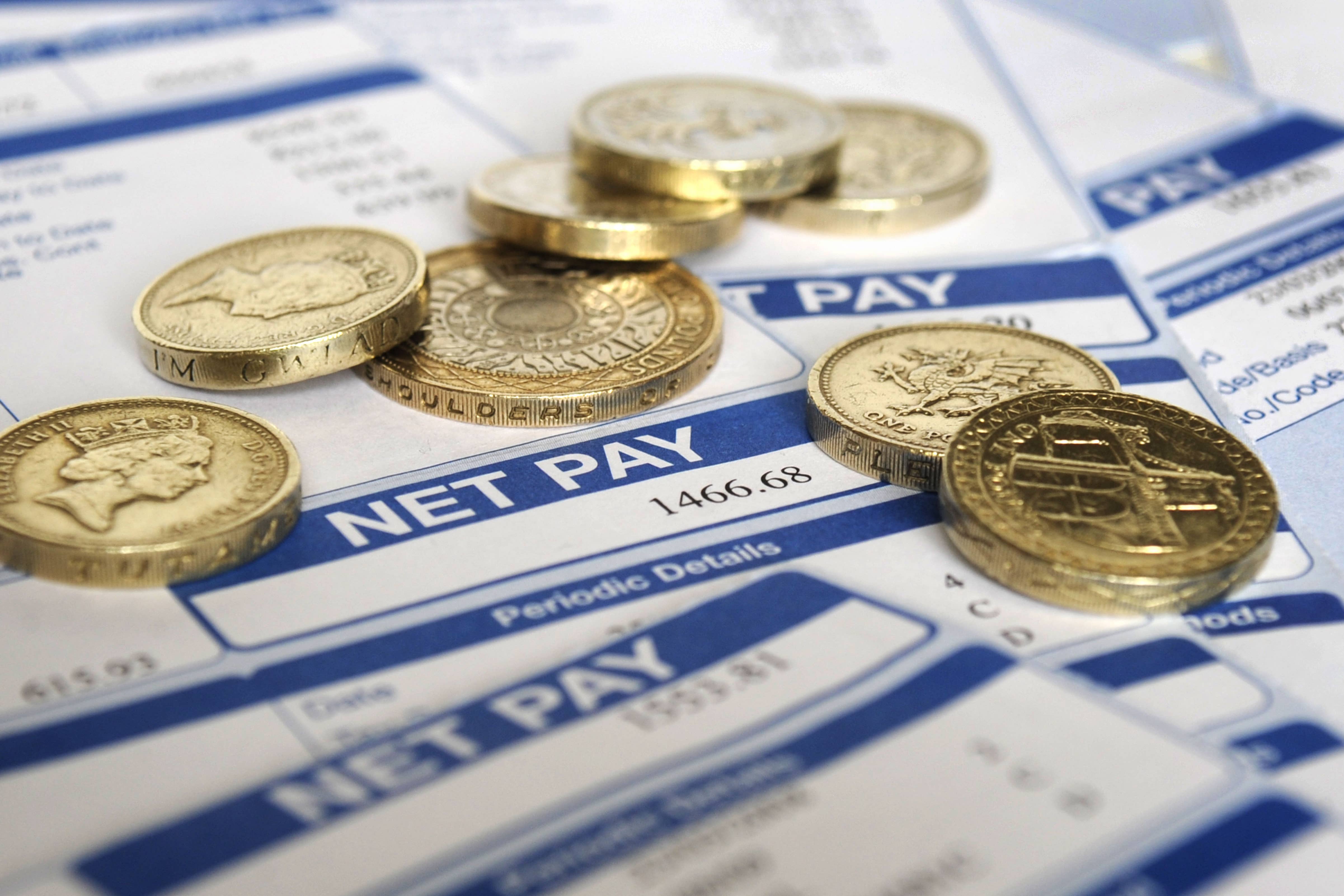What does the steep fall in inflation mean for UK households?
The ONS said inflation fell to 3.4% in February from 4% in January – the lowest level since September 2021.

Your support helps us to tell the story
From reproductive rights to climate change to Big Tech, The Independent is on the ground when the story is developing. Whether it's investigating the financials of Elon Musk's pro-Trump PAC or producing our latest documentary, 'The A Word', which shines a light on the American women fighting for reproductive rights, we know how important it is to parse out the facts from the messaging.
At such a critical moment in US history, we need reporters on the ground. Your donation allows us to keep sending journalists to speak to both sides of the story.
The Independent is trusted by Americans across the entire political spectrum. And unlike many other quality news outlets, we choose not to lock Americans out of our reporting and analysis with paywalls. We believe quality journalism should be available to everyone, paid for by those who can afford it.
Your support makes all the difference.Cash-strapped households have been given a boost after inflation eased back by more than expected last month and raised hopes interest rates may soon start to come down.
The Office for National Statistics (ONS) said Consumer Prices Index (CPI) inflation fell to 3.4% in February from 4% in January – the lowest level since September 2021.
Here we look at what is behind the fall and what it means for families and borrowers:
– What is inflation and why has it fallen?
Inflation is the term used to describe rising prices.
The inflation rate refers to how quickly prices are going up.
February’s inflation rate of 3.4% means that the same things that cost a household £100 a year ago now cost £103.40.
The fall in CPI was bigger than forecast last month, with most economists having pencilled in a drop to 3.5%, and follows a sharp easing back in the rate of food and eating out inflation.
– Does this mean the cost of living is falling?
Unfortunately not. Falling inflation does not mean prices are dropping, just that the pace of increases is slowing.
Inflation has been steadily easing back after hitting a peak of 11.1% in October 2022.
This is largely due to the significantly lower energy price cap compared with the eye-watering £2,500 limit seen at the end of 2022.
While a number of household goods are still seeing prices rise, the cost of some groceries and services did fall in February, such as whole milk, butter, cheese and second-hand cars.
– What does the big fall in inflation mean for interest rates?
Economists said inflation is now likely to fall back below the Bank of England’s 2% target in April or May, thanks to the upcoming 12% fall in the energy price cap on April 1.
They said this could pave the way for the Bank to start cutting interest rates in August, or possibly as early as June.
But the Bank will want to be sure inflation is under control before it lowers rates, currently at 5.25%.
Policymakers have been watching wage growth and the jobs market closely, and are likely to want to be sure the upcoming 9.8% hike in the national living wage in April will not spark another resurgence in inflation.
The living wage hike will put more money in nearly three million people’s pockets and it is thought it could spark a spring boom in consumer spending.
– Where is inflation set to go from here?
James Smith, an economist at ING, said inflation is “likely to stay below the Bank of England’s target for much of 2024” as energy prices are set to come down further.
He said: “We may well see another double-digit percentage point fall in energy bills in July when the regulator again updates the household price cap.”
But there are fears that shipping disruption in the Red Sea may push up prices.
The ONS said it had not seen any sign yet of an impact from the Red Sea woes in the February data, but concerns remain the attacks by Houthi rebels on cargo ships going through the trade route could push up the price of food and goods, given delays to supply and more costly shipping.
Consumers are also in line for more bill pain next month, with broadband and mobile tariffs set to rise by up to 8.8%, while millions of households are also expecting to see council tax rise in April.